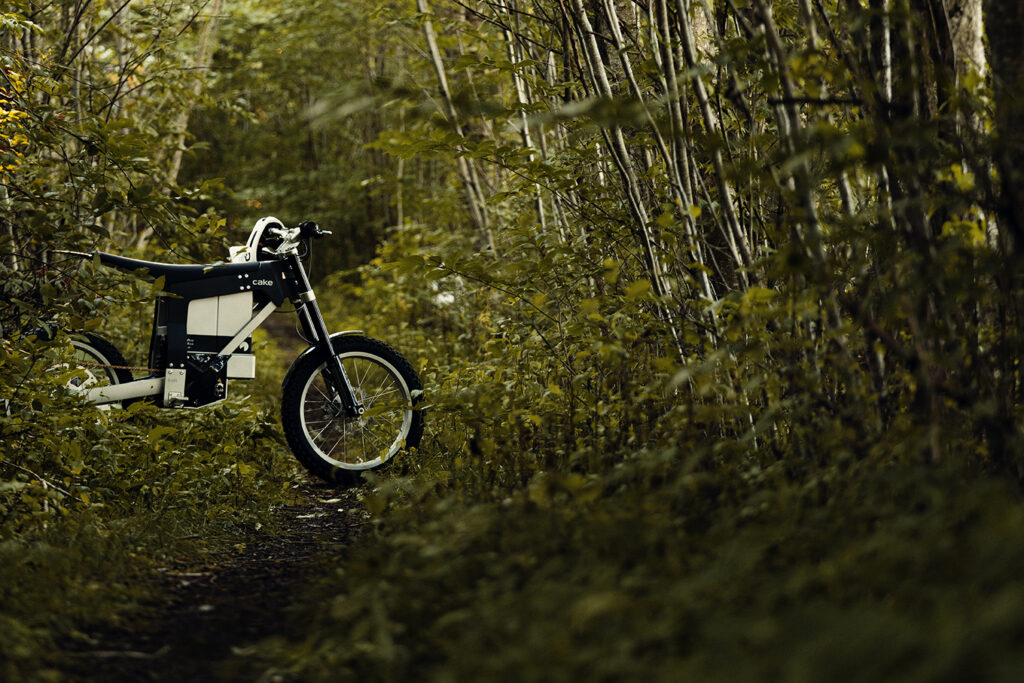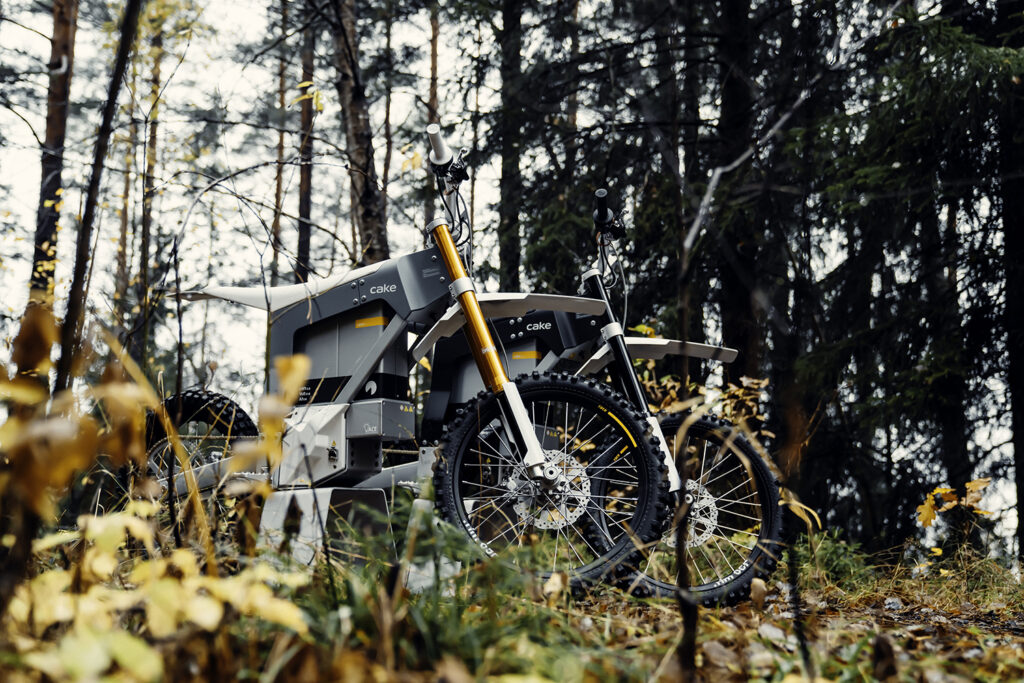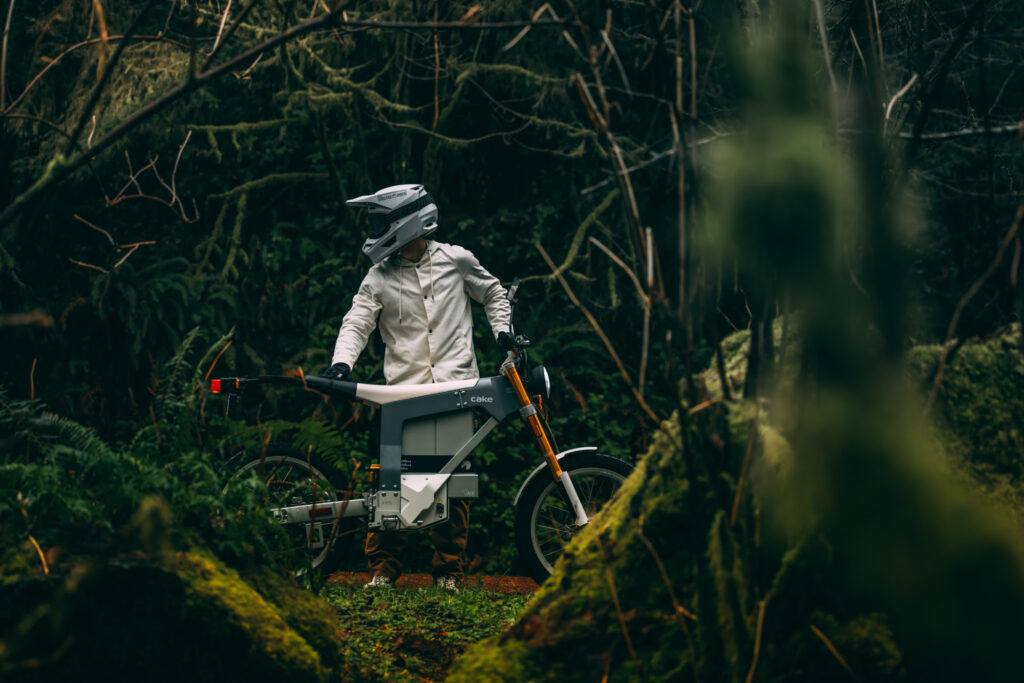Source: press release CAKE | B2B | Swedish electric motorbike manufacturer CAKE announced a technological partnership with PaperShell, with the aim of bringing about a sustainable option to plastics, suitable for use in the vehicle industry.

“Cake was founded to inspire towards a zero-emission society and this naturally involves carefully investigating the best possible materials for use in our electric bikes. We’re excited to work with PaperShell and hope that we can play a crucial part in finding a material that can minimize or even eradicate the use of conventional plastics in our motorcycles. This is a collaboration that ultimately will benefit the entire vehicle industry and beyond”, says Stefan Ytterborn, founder and CEO of Cake.

“We are happy to partner with Cake and look forward to further evolving PaperShell into a material that will make the use of plastic a thing of the past. We can’t think of a more perfectly challenging testbed for our material than the industry leading electric off-road motorcycle and look forward to developing further PaperShell’s inherent resistance to fluids, UV-radiation, weather and fire”, says Anders Breitholtz, CEO at PaperShell.

A more sustainable alternative to plastic
PaperShell is a natural fiber composite that is stronger than plastic but with a significantly lower climate impact, 0.65kg CO2e per functional unit (kg) of material, compared to polypropylene (4.95 kg CO2e) or fiberglass (25.05 kg CO2e). Cake will work together with PaperShell to evaluate the properties of the material and its potential use as an alternative to certain plastics currently used in their production of premium electric motorcycles.
About PaperShell
PaperShell AB was founded in 2021 but the idea behind PaperShell was born in 2018. We have the core belief that the solution to the climate crisis and a sustainable management of resources is found in nature. We’re building paper back into a more resistant version of wood. We’re slowing down the papercycle and paying tribute to the high-tech found in forests by creating components that store bio-carbon instead of wasting it on single-use items or biofuels.